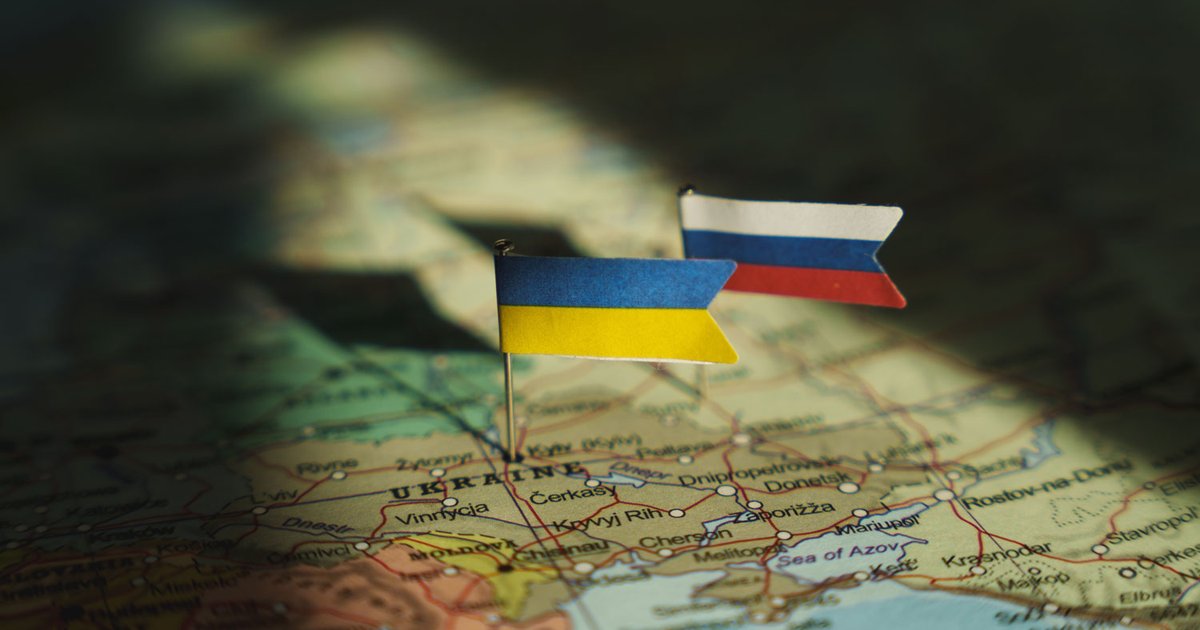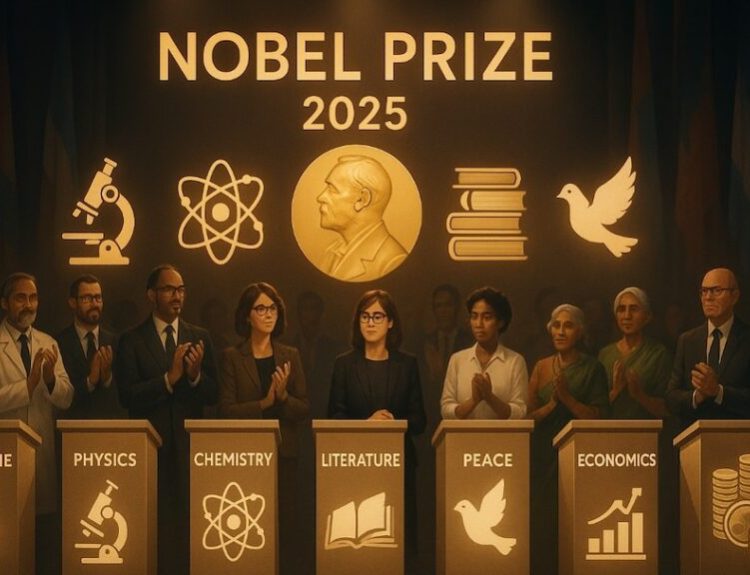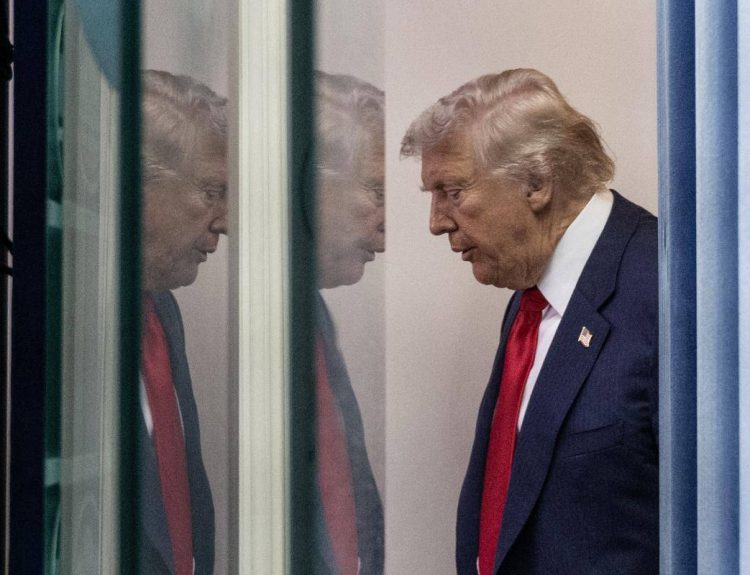Russia’s renewed military offensive in Ukraine has reignited tension across Europe, testing both the political resilience and strategic unity of the continent. The conflict, now in its fourth year, has evolved beyond a regional confrontation into a defining challenge for the European Union, NATO, and the broader transatlantic alliance.
Mounting Pressure on European Leaders
In recent weeks, Moscow has intensified strikes across eastern Ukraine, signaling an unwillingness to pursue compromise despite repeated diplomatic overtures. European leaders, from Brussels to Helsinki, have voiced urgent concern. Finland’s president underscored the need for tighter security measures along NATO’s eastern flank, while Germany and France continue to grapple with the balance between supporting Kyiv militarily and containing the risk of escalation.
Shifting Political Dynamics Within the EU
The strain is not only military but also political. Belgium announced plans to recognize a Palestinian state and pursue sanctions against Israel—moves that reflect the EU’s internal divisions on how to handle simultaneous global crises. For nations such as Poland and the Baltic states, however, the Ukrainian front remains paramount, as they warn that hesitation only emboldens Moscow.
Transatlantic Frustration Grows
Across the Atlantic, U.S. Treasury Secretary Scott Bessent expressed growing frustration with Moscow’s deepening partnerships with Beijing and New Delhi. NATO Secretary-General Mark Rutte echoed these concerns, stressing that Europe’s security cannot be insulated from Russia’s wider geopolitical maneuvers. The U.S. continues to push for stronger sanctions and coordinated responses, but uneven commitment among European allies complicates implementation.
Economic and Security Fallout
Beyond politics, the economic toll is becoming more pronounced. Energy prices remain volatile, bond markets across Europe are under strain, and defense budgets are swelling. The question for many European governments is whether domestic populations—already stretched by inflation and austerity—will continue to support costly aid to Ukraine.
A Defining Moment for European Unity
Russia’s escalation has thus become more than a test of Ukrainian resilience; it is a test of Europe’s collective will. Each fresh missile strike not only devastates cities in Ukraine but also reverberates across European capitals, forcing leaders to confront a difficult truth: unity, though vital, is increasingly fragile under the weight of prolonged conflict.



